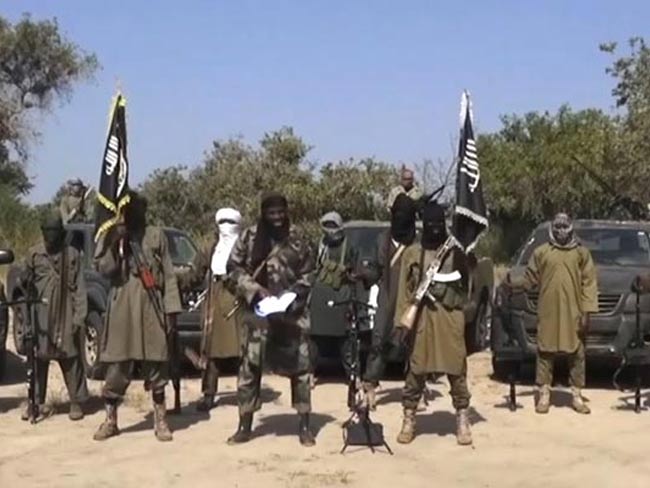
Image by: Picture: EMMANUEL AREWA/AFP
“All movements using vehicles, bicycles and animals like horses, camels and donkeys in Maiduguri will be restricted as from Wednesday 5:00 pm,” said army spokesman Tukur Gusau.
“Similarly, all vehicular movements into and out of Maiduguri… will also be restricted within the period until further notice,” he added in a statement.
Only ambulances, police and other essential services will be able to use vehicles during the ban. Everyone else will have to walk.
The Nigeria Security and Civil Defence Corps (NSCDC) meanwhile announced 40,000 personnel would be deployed across the country “to provide maximum security” during the festival.
Federal police chief Solomon Arase promised “robust security” in “all nooks and crannies in the country”.
Maiduguri, the capital of Borno state, was on Sunday hit by a series of bomb blasts, including at a mosque where dozens of worshippers were killed by a female suicide bomber.
The Borno state police put the death toll at 54 but three sources at two hospitals in the city said later they had received 117 bodies at their mortuaries.
The army blamed the attack on Boko Haram, calling it a sign of “desperation” by the Islamist militants as a military counter-offensive squeezes them out of captured territory and camps.
The security restrictions recognise that Boko Haram has previously hit “soft” civilian targets such as crowded markets, mosques, churches and bus stations.
The NSCDC said places of worships, markets and schools would be protected as well as critical infrastructure such as telecommunications masts and oil pipelines.
In Maiduguri itself, Sunday’s attacks — the worst on the city since President Muhammadu Buhari came to power in May, vowing to crush the insurgency – provoked widespread fear and tension.
“I am afraid. I am not going to any mosque to observe the Eid prayers because nobody is sure. Anything can happen,” said resident Sanusi Modibbo.
“The prayer is mandatory. I will just remain at home and slaughter my ram at the appointed time.”
At the city’s Monday Market, which has been hit repeatedly by suicide and bomb attacks, trader Yusuf Abuya said he had been closed all week.
“I deliberately locked my shop and forfeited the Sallah sales because I am afraid of the unknown,” he said.
“The terrorists always look for soft targets and I don’t want to take unnecessary risks,” he said.


